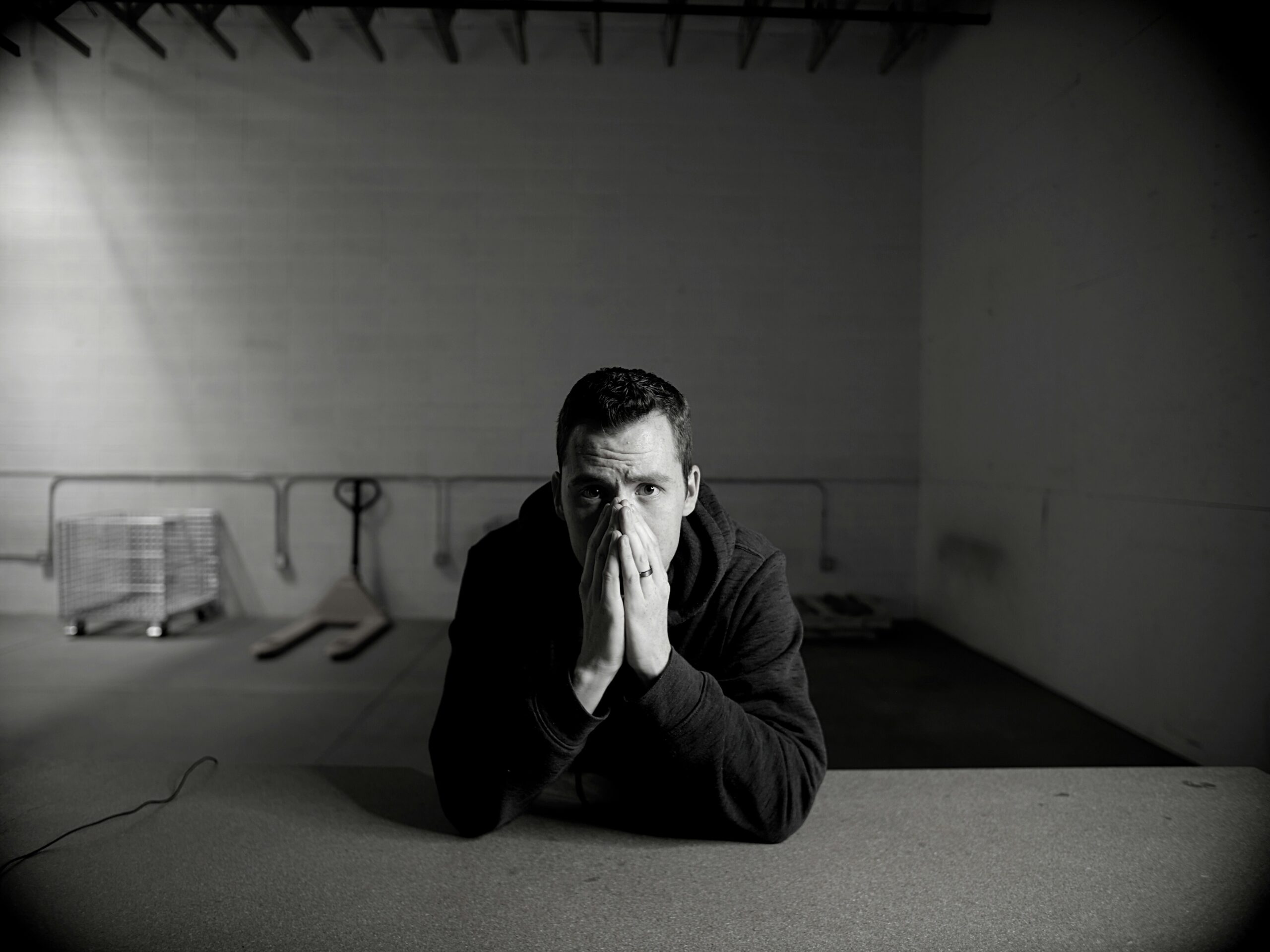Have you ever had a thought that felt completely out of place? Maybe it was disturbing, confusing, or so unlike you that it made you question yourself? If so, you’re not alone.
You’re in the Majority
Research shows that 90% of people admit to experiencing intrusive thoughts – meaning almost everyone has them. The difference isn’t whether or not you have these thoughts, but how you respond to them. If you’ve ever thought, “Does having this thought make me a bad person?” then by that logic, almost everyone would be “bad.”
But that’s not how thoughts work.
Why Do Intrusive Thoughts Feel So Disturbing?
Intrusive thoughts are called intrusive for a reason – they pop into our minds uninvited and often go against our morals and values. In psychology, we call this “ego-dystonic” – thoughts that don’t align with who we are.
To understand this, try this exercise:
- Think about your personal values – what truly matters to you? Maybe it’s kindness, love, or supporting others. When you focus on these values, they probably bring a sense of warmth and fulfillment.
- Now, think about how your intrusive thoughts make you feel – most likely, uneasy, unsettled, or even afraid. That emotional reaction is actually evidence that these thoughts are not a reflection of you.
Intrusive thoughts only feel distressing because they contradict the person you are.
Why Fighting Intrusive Thoughts Makes Them Worse
Here’s the tricky part: The more you try to push intrusive thoughts away, the stronger they become. It’s like telling yourself not to think about a penguin – suddenly, that’s all your brain wants to focus on.
Trying to “get rid” of an intrusive thought reinforces the idea that it’s dangerous or meaningful. This cycle of fear and resistance gives the thought power, even though the thought itself is harmless.
What Actually Helps?
Instead of fighting intrusive thoughts, try this approach:
- Acknowledge them without reacting. When an intrusive thought pops up, notice it like background noise rather than engaging with it.
- Remind yourself: “This is just a thought.” Thoughts are not facts, nor do they define you.
- Allow the discomfort to exist. Instead of scrambling to push the thought away, practice sitting with the discomfort and letting it fade on its own.
- Focus on your actions, not your thoughts. You don’t need to control every thought to be a good person. What matters is how you live according to your values.
Final Reminder: Thoughts Are Not Threats
Intrusive thoughts do not mean anything about you. It’s not the thought that’s the problem – it’s how you respond to it. The goal is not to eliminate intrusive thoughts, but to change the way you interact with them so they lose their grip over you.
If intrusive thoughts are interfering with your life, therapy – especially Cognitive Behavioral Therapy (CBT) and Exposure and Response Prevention (ERP) – can be incredibly effective in breaking the cycle. Reach out to us today to schedule a session.



